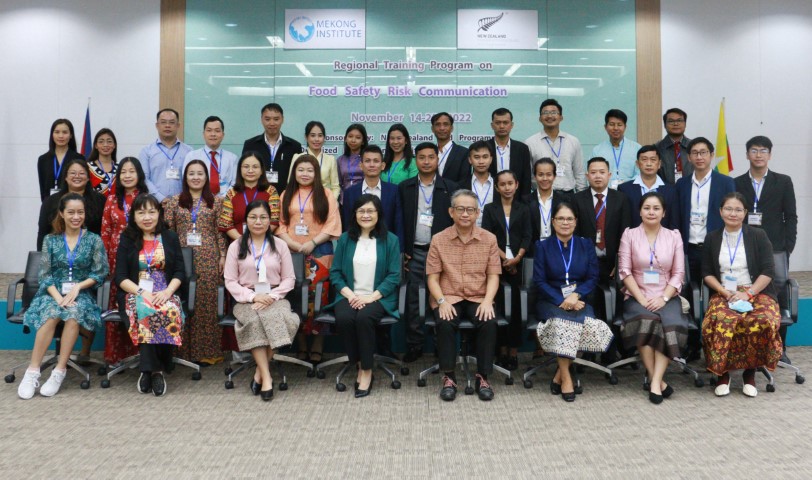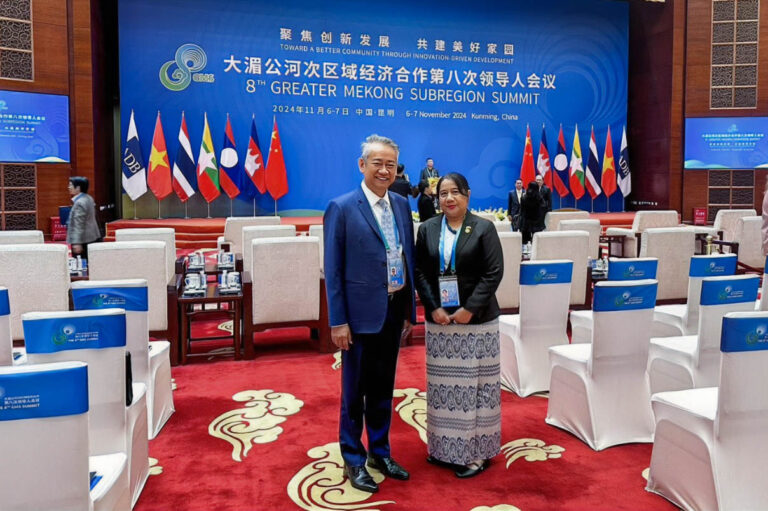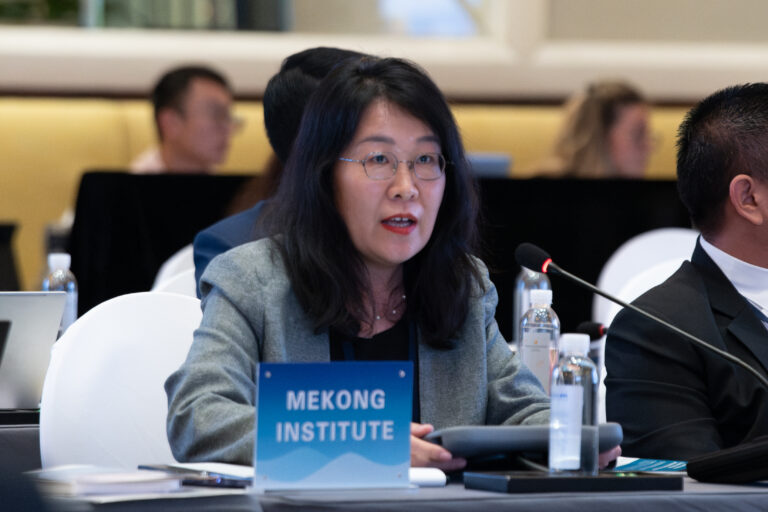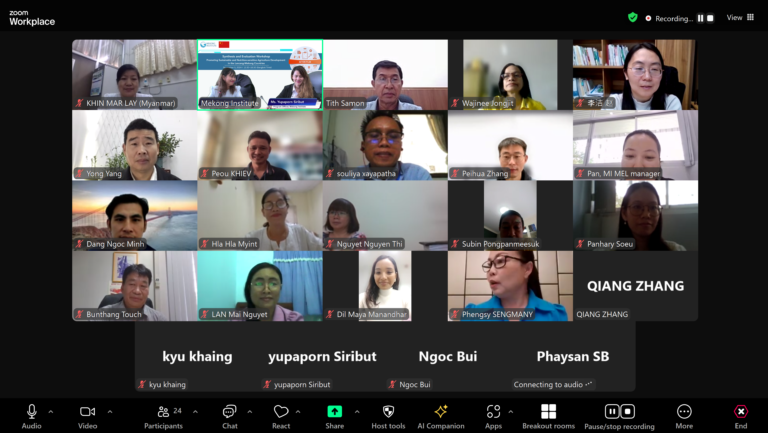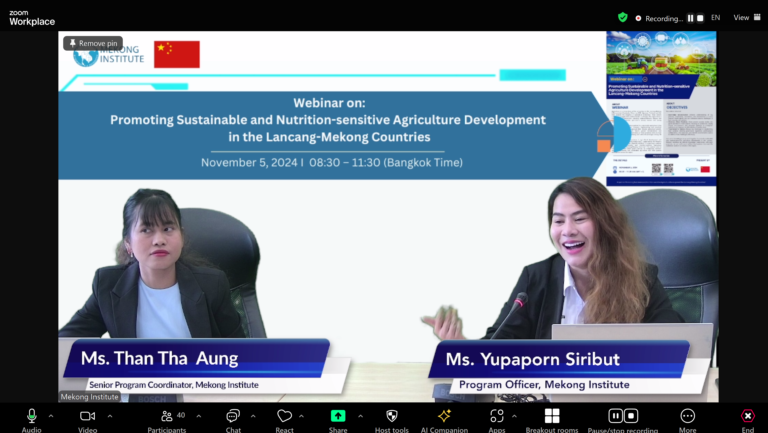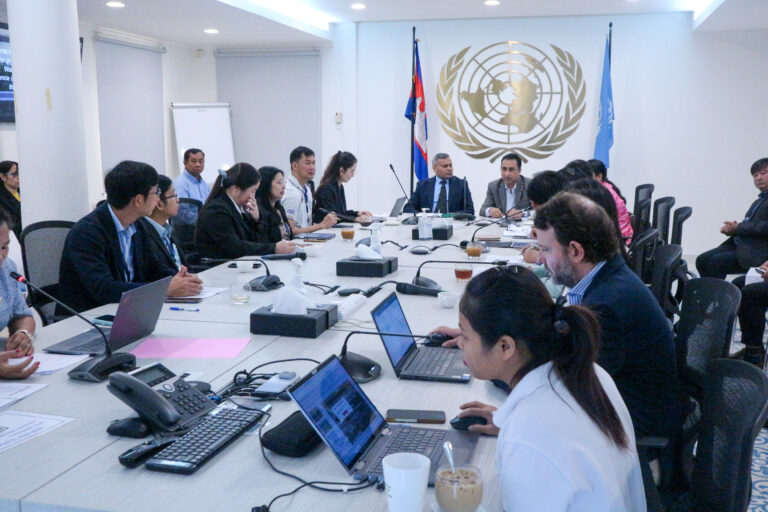To empower food safety authorities and key stakeholders to deal with food safety crises while strengthening public trust with the right information, Mekong Institute (MI) is organizing the Regional Training Program on Food Safety Risk Communication from November 14-25, 2022 at the MI Training Center in Khon Kaen, Thailand.
The 10-day course is expected to contribute to the Mekong region’s efforts to improve the risk-based national food control system and build the capacity of food chain actors in performing risk analysis.
Food safety is the foundation of agriculture and the food industry in the region is the supplier of agri-food products to the world. Ensuring that the region offers safe food to the international market would bring a comparative advantage to Mekong countries
Mr. Suriyan Vichitlekarn, Executive Director of Mekong Institute emphasized in his opening remarks.
As risk communication is an integral part of food safety risk analysis, he encouraged the participants to use the knowledge and skills in effective communication approaches to engage more businesses in producing quality food products for trade and health. This way, the participants are not only championing food safety in the region but also contributing to the Implementation Plan of the Framework for Cambodia, Lao PDR, Myanmar and Viet Nam (CLMV) Development, specifically on agriculture and tourism.
A total of 30 national food safety authorities and food safety specialists from research and academic sectors and civil society organizations in CLMV are attending the training program. They will be provided with concepts, terminologies and strategies that will help them in establishing or enhancing their risk communication framework for food safety, as well as in utilizing traditional and new media to avoid misinformation during food crises. The modules will be delivered by a risk communication expert from the University of Auckland and a regional science communication expert from the University of the Philippines.
This training program is being held under the Promoting Safe Food for Everyone project (PROSAFE) and is being supported by the New Zealand Aid Programme.


